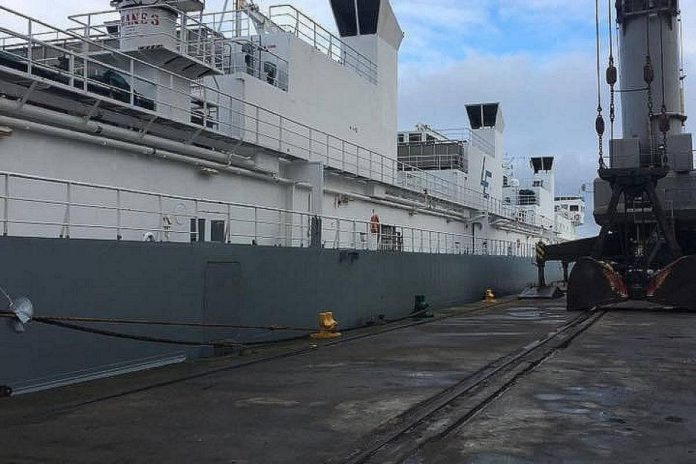New Zealand is banning the live export of livestock by sea, following a transition period of up to two years.
The announcement was made by Agriculture Minister, Damien O’Connor, who said the decision will impact some farmers, exporters, and importers, but a transition period will enable the sector to adapt.
He said: “At the heart of our decision is upholding New Zealand’s reputation for high standards of animal welfare.”
“We must stay ahead of the curve in a world where animal welfare is under increasing scrutiny.”
Live exports by sea represent approximately 0.2% of New Zealand’s primary sector exports revenue since 2015.
There have been no livestock exports for slaughter since 2008.
Split opinion
“I acknowledge the economic benefit some farmers get from the trade, but I also note that support of it is not universal within the sector.”
Damien O’Connor said the Ministry of Primary Industries (MPI) review of live exports, which started in 2019, identified mixed perceptions of the activity.
“There is split opinion about its long-term value and how it fits with the story we want to tell internationally to consumers. In its review submission, the independent National Animal Welfare Advisory Committee (NAWAC), which advises ministers on animal welfare issues, advised that the practice should stop.”
O’Connor said improvements had been made to the practice over recent years, but despite everyone’s best efforts, “the voyage times to our northern hemisphere markets will always pose animal welfare challenges”.
Gulf Livestock 1
He confirmed his officials had spoken to key trading partners about the decision.
“I recognise the importance of our trade relationships with our international partners. We are committed to working with them as we transition away from the shipment of livestock.”
“New Zealand has an opportunity to boost trade through our cutting-edge scientific work into dairy cow genetics and germplasm use.”
He said during the transition period, exporters will meet the extra requirements that the government introduced following the independent Heron report, which was carried out after the tragic loss of the Gulf Livestock 1 in September 2020.
“I’ve asked MPI to provide further advice on improvements to animal welfare during the phase out.
“I want to thank all of those who took part in the wider review. The Government is committed to high animal welfare standards,” O’Connor concluded.





